
China Oil Imports Are the Most World’s Ever Seen
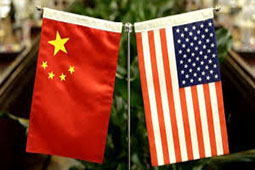
Even as economic expansion has slowed, the pace of growth still requires ever more oil. China imported an unprecedented 11.18 million barrels a day in November, which surpassed the US high-water mark of 10.77 million set in June 2005, Bloomberg reported.
China’s purchases will probably continue to rise into next year as new refineries in Zhejiang and Zhanjiang increase runs, and as a widely anticipated tax rebate boosts domestic production of marine fuel.
The strength of US oil imports in the mid-2000s created a political crisis. President George W. Bush famously said “America is addicted to oil,” and passed measures to curb demand, such as requiring corn ethanol be mixed into gasoline.
Ultimately, it was the shale boom, spurred by high oil prices, low interest rates and technological innovation, which began to displace foreign barrels. Although the US is still the world’s second-biggest importer of crude, in September it became a net exporter for the first time in 70 years when oil products like gasoline, diesel and propane are included.
Import dependency weighs similarly on China’s leaders, who have leaned on state-owned energy giants such as PetroChina Co. to boost domestic oil and gas output.
The government is also one of the world’s biggest supporters of renewable energy, electric vehicles and high-speed rail, all of which should help depress oil demand in the long run.
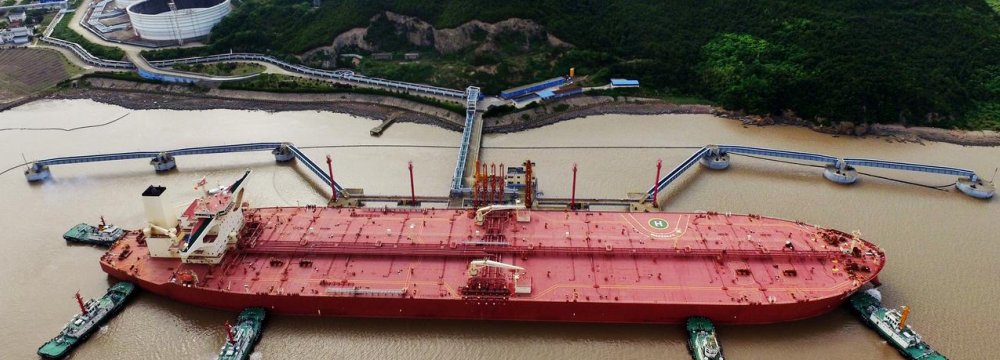


Alba Discloses its Financial Results for the Second Quarter and H1 of 2025

US slaps tariffs on 1-kg, 100-oz gold bars: Financial Times

Copper price slips as unwinding of tariff trade boosts LME stockpiles

Codelco seeks restart at Chilean copper mine after collapse

Uzbek gold miner said to eye $20 billion value in dual listing

Hudbay snags $600M investment for Arizona copper project

NextSource soars on Mitsubishi Chemical offtake deal

BHP, Vale offer $1.4 billion settlement in UK lawsuit over Brazil dam disaster, FT reports

Australia weighs price floor for critical minerals, boosting rare earth miners
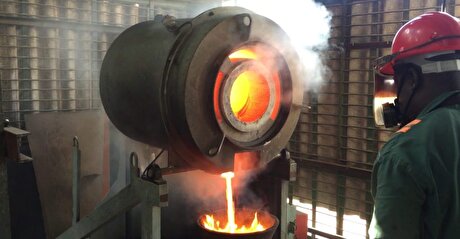
Zimbabwe labs overwhelmed as gold rally spurs exploration, miner says
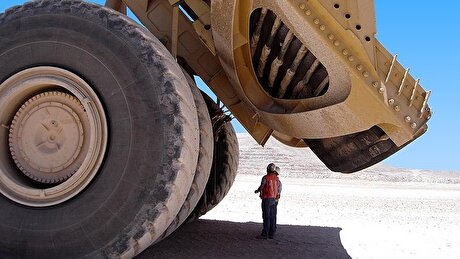
Cochilco maintains copper price forecast for 2025 and 2026
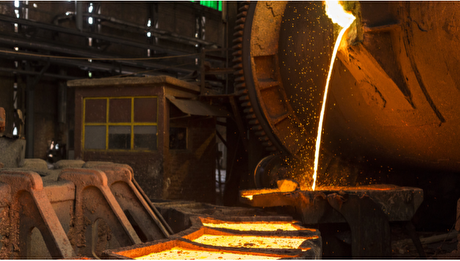
Adani’s new copper smelter in India applies to become LME-listed brand

HSBC sees silver benefiting from gold strength, lifts forecast

Mosaic to sell Brazil potash mine in $27M deal amid tariff and demand pressures

Samarco gets court approval to exit bankruptcy proceedings

Hudbay snags $600M investment for Arizona copper project

Discovery Silver hits new high on first quarterly results as producer

Trump says gold imports won’t be tariffed in reprieve for market

AI data centers to worsen copper shortage – BNEF

Cochilco maintains copper price forecast for 2025 and 2026

Adani’s new copper smelter in India applies to become LME-listed brand

HSBC sees silver benefiting from gold strength, lifts forecast

Mosaic to sell Brazil potash mine in $27M deal amid tariff and demand pressures

Samarco gets court approval to exit bankruptcy proceedings

Hudbay snags $600M investment for Arizona copper project

Discovery Silver hits new high on first quarterly results as producer

Trump says gold imports won’t be tariffed in reprieve for market

AI data centers to worsen copper shortage – BNEF














